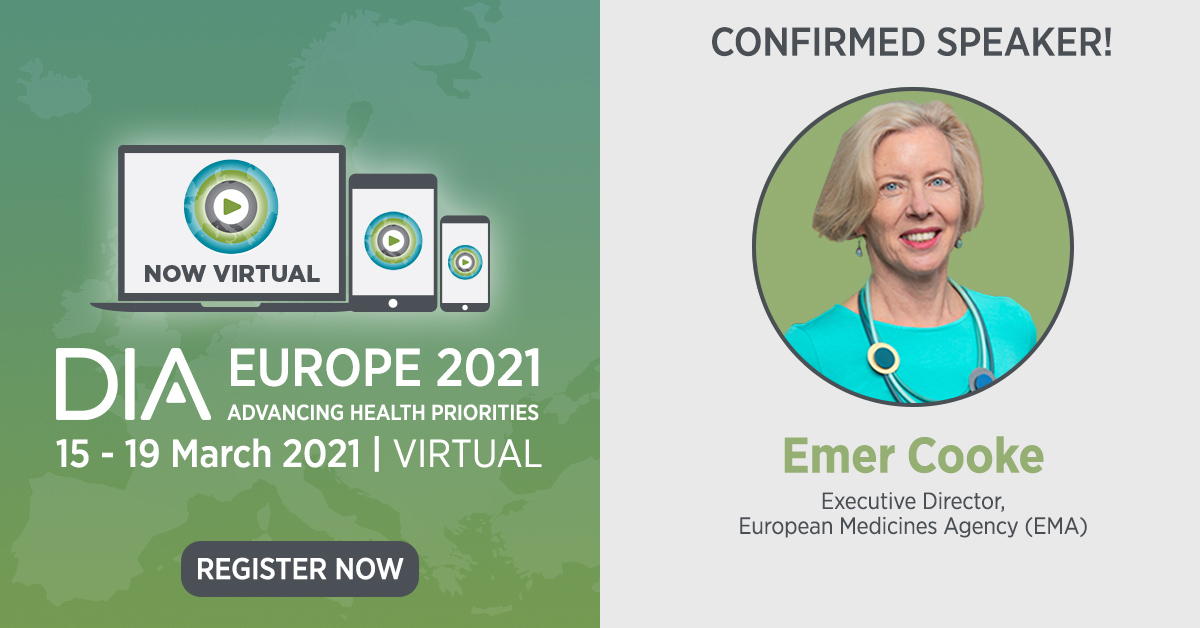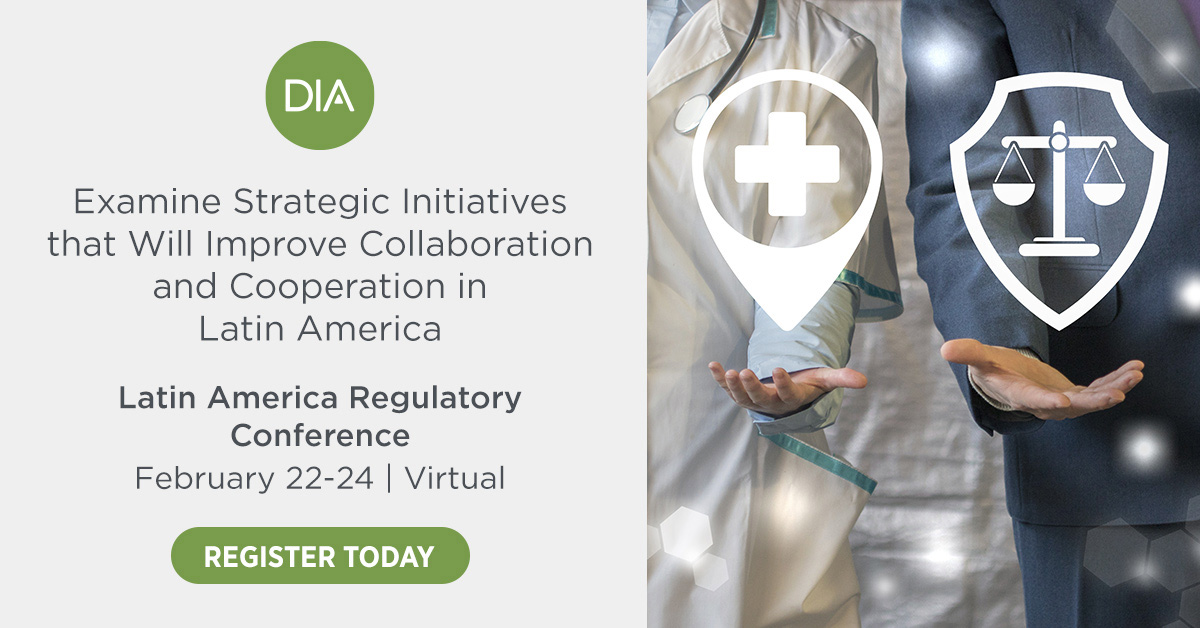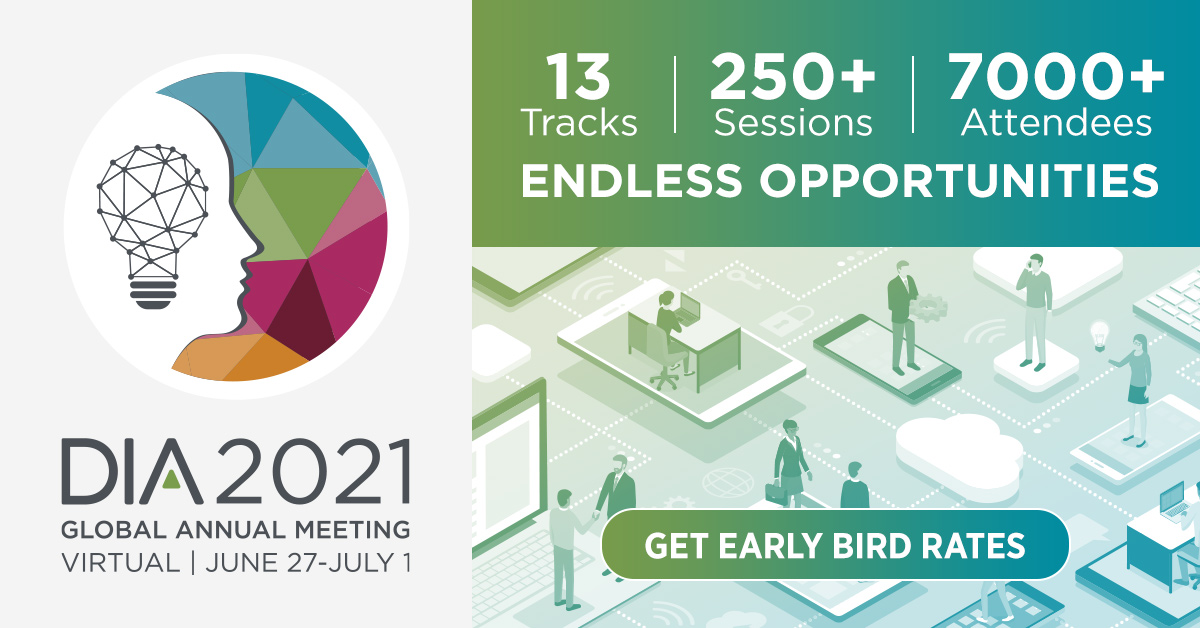Table of Contents
EXECUTIVE LEADERSHIP
Subscribe
Love Global Forum‘s new online format? Subscribe today and never miss an issue.
Editorial Board
Content stream editors
Gary Kelloff US National Institutes of Health
David Parkinson ESSA Pharma, Inc.
regulatory science
Isaac Rodriguez-Chavez PRA Health Sciences
Patient engagement
Trishna Bharadia Patient Advocate and Media Contributor
Mary Stober Murray Bristol-Myers Squibb
VALUE AND ACCESS
Monika Schneider Shionogi
Editorial Staff
Alberto Grignolo, Editor-in-Chief Parexel International
Sandra Blumenrath, Science Writer DIA Scientific Communications
Chris M. Slawecki, Senior Digital Copyeditor DIA Scientific Communications
Regional Editors
David Mukanga Bill and Melinda Gates Foundation
ASEAN
Jin Shun Sandoz
AUSTRALIA/NEW ZEALAND
Richard Day University of New South Wales, Medicine, St. Vincent’s Hospital
CANADA
Judith Glennie JL Glennie Consulting, Inc.
CHINA
Ling Su Shenyang Pharmaceutical University, Lilly Asia Ventures
Europe
Thomas Kühler Sanofi R&D
INDIA
J. Vijay Venkatraman Oviya MedSafe
JAPAN
Akiko Ikeda Janssen Pharmaceutical K.K.
LATIN AMERICA
Cammilla Gomes Roche
USA
Ebony Dashiell-Aje BioMarin
Young Professionals Editors
Saloni Patel Acorda Therapeutics
DIA Membership
Bringing together stakeholders for the betterment of global health care.
Cancer Immunotherapy: Successes and Challenges on the Bumpy Route from Scientific Concept to Clinical Reality
Part 1: Cancer Immunotherapy as a Novel Promising Treatment Option
ESSA Pharmaceuticals
ancer immunotherapy – a treatment that harnesses the immune system’s exquisite specificity and “memory” properties to fight cancer – has revolutionized the field of oncology in a way that could not have been anticipated just ten years ago (1).
Policies that Could Reduce the Data Collection Burden on Healthcare Providers
@DukeMargolis
nnovations in medical technology have led to a proliferation of transformative therapies that promise to alter treatment paradigms and even reverse disease progression. The promise of treatment outcomes can make these technologies eligible for expedited regulatory pathways that do not require extensive clinical trial data for market approval.
f you’re a stakeholder in the healthcare industry, you know the cybersecurity challenges that healthcare providers face. While data protection is a primary goal, they must ensure that patient privacy is maintained. Providers must also deliver high-quality services while conforming to strict requirements by HIPAA, the EU’s GDPR, and other legislative and regulatory bodies.
Around the Globe
Plans to Collaborate on COVID Vaccine Emergency Use Authorization
he 2nd African Medicines Regulatory Harmonization (AMRH) Week took place virtually beginning December 9, 2020, due to wide travel restrictions in many countries because of the COVID-19 pandemic. Attended by more than 120 participants from Africa and other parts of the world, these discussions included collaboration among regulators and ethics committees regarding COVID-19 clinical trials review, preparations for authorization and monitoring of the safety of COVID vaccines, as well as the listing of medical devices, including in vitro diagnostics and personal protective equipment (PPEs) as part of COVID-19 response.
Around the Globe
Roche Diagnostics
Stryker
APACMed
Diagnostics Development Hub
Diagnostics Development Hub
Roche Diagnostics
he Asia-Pacific Medical Technology Association (APACMed) is the trade association for the MedTech industry in Asia-Pacific. Following the 2020 launch of its Digital Health Committee, APACMed is seeking greater harmonization on topics such as regulation, interoperability, and cybersecurity in digital health.
This paper reviews regulatory measures for digital health (DH) solutions in Singapore, Australia, Japan, and the US, and proposes a best practices framework for regulators to use as they implement fit-for-purpose regulation for DH solutions.
Around the Globe
Xu Wang
Novo Nordisk (China) Pharmaceuticals
Shanghai Center for Drug Evaluation & Inspection
n the tumultuous year of 2020, the COVID-19 pandemic did not appear to hinder the progress of regulatory reform and new drug approvals in China. The National Medical Products Administration (NMPA) continued to implement many regulations and guidelines. The number of drug applications and the timeline of review and approval were not negatively impacted.
Around the Globe
Sanofi R&D
fter four and a half years of Brexit discussions and negotiations, the UK and the EU have managed to arrive at a trade agreement at the eleventh hour and avoid a hard Brexit. In the absence of an agreement, a hard Brexit would have been the default and would have had immediate and severe implications on (timely) access to medicines for patients. The deal applies provisionally as of 1 January 2021, as it still must be ratified by, among others, the European Parliament. Notwithstanding, the trade agreement is welcomed by many stakeholders in the sector as it has lessened the uncertainty around the future relationship between the EU and the UK and has allowed for more clarity on future business operations.
Around the Globe
he International Conference for Harmonisation of Technical Requirements for Registration of Pharmaceuticals for Human Use (ICH) was established in 1990 to achieve greater harmonization worldwide to ensure that safe, effective, and high quality medicines are developed and registered in the most resource-efficient manner. In 2015, the organization and operations were renewed (this was called “ICH reform”) as a legal entity under Swiss law, and its name was changed to the International “Council” for Harmonisation of Technical Requirements for Pharmaceuticals for Human Use (ICH).
![]() DIA Communities
DIA Communities
Big Changes Coming to DIA Communities
Luke Zimmer









